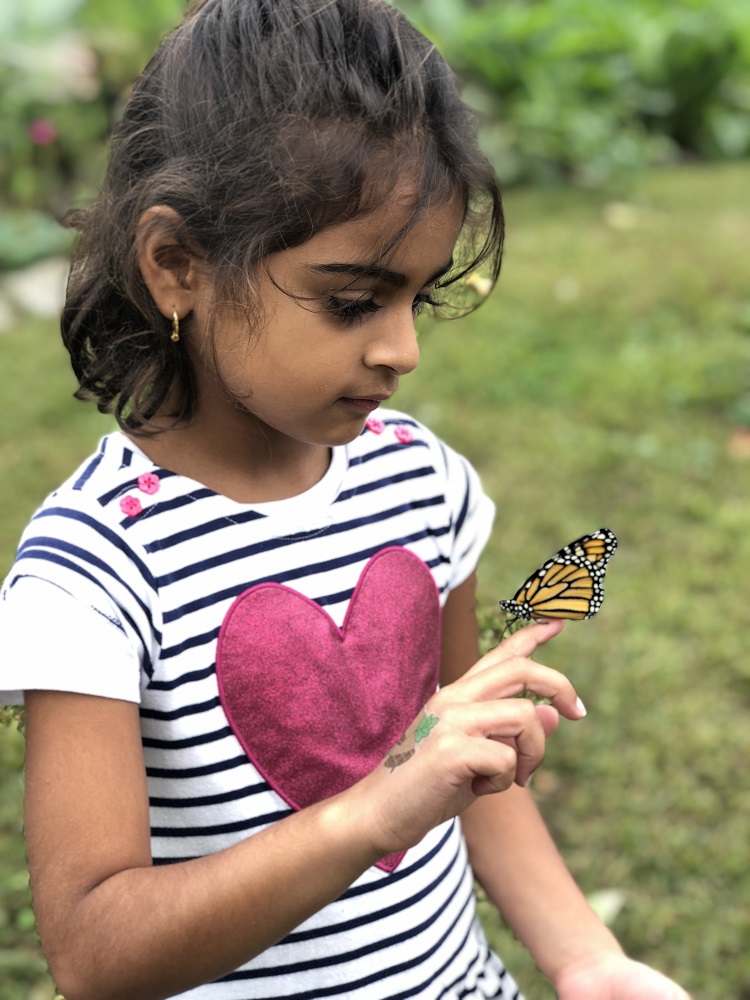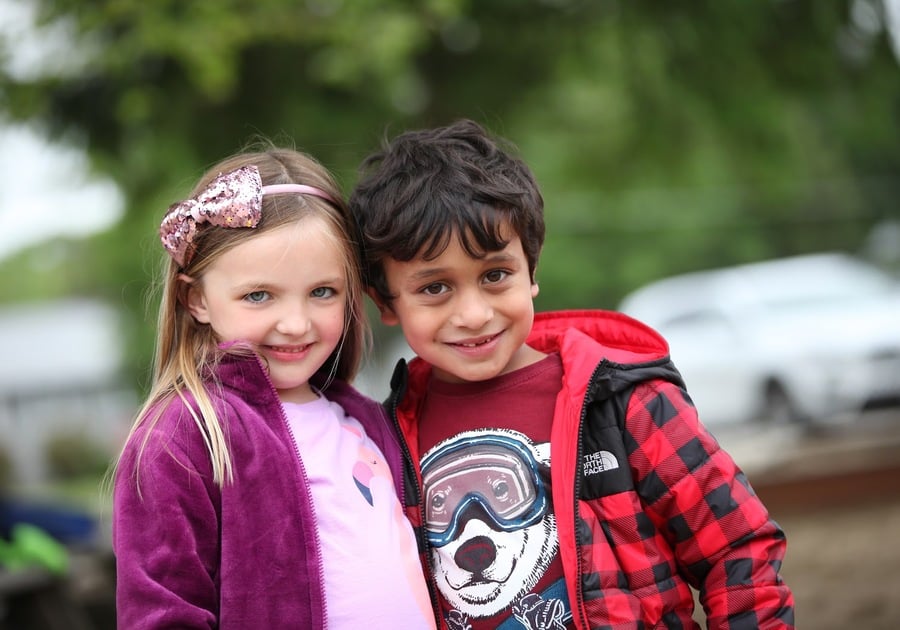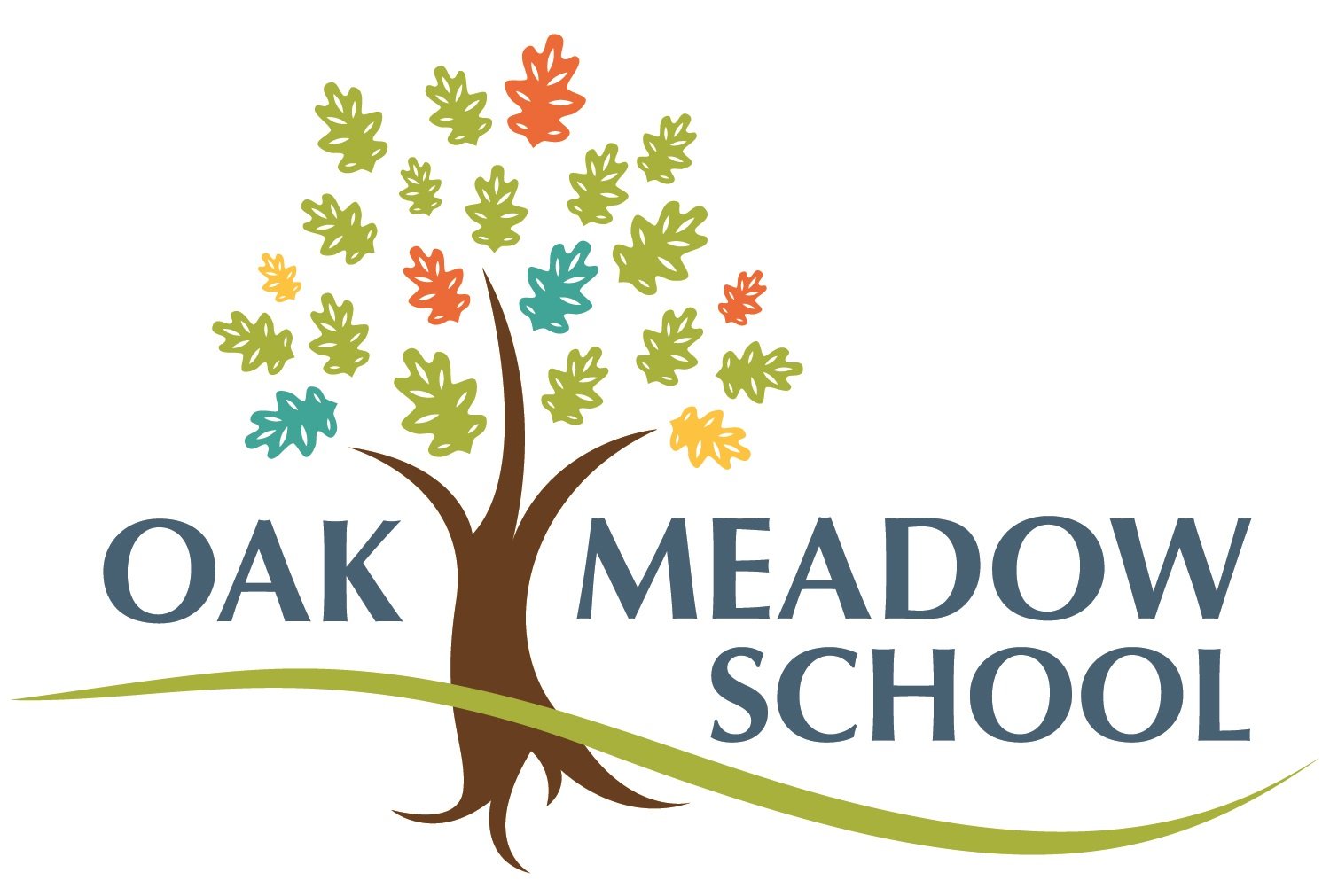Original article "Helping children address challenging topics through a lens that include SEL and your family's values" re-published with permission from Oak Meadow School
Last week, Oak Meadow School hosted an interactive Parent Forum event with Lynne Reeves Griffin. The title of the series was “Adjusting to New Normals.” Transitions to summer and back to school each September always involve some uncertainty and stress. That’s even more true with concerns and mixed messages about health and COVID-19.
Lynne Reeves Griffin is a parent coach and educational consultant. She has worked with teachers at Oak Meadow for several years, and has been a frequent facilitator at Oak Meadow parent forums. You can learn more about Lynne here.
Following are a few highlights from the event.
Some questions raised by our parents:
- How can I address my child’s health concerns about COVID-19 when it comes to family get-togethers this summer?
- How can I discuss complicated issues like racism with my young child?
- All of my old boundaries with technology have gone out the window during COVID. What can I do to create more balance during the summer months?
What’s the best way for parents to address really challenging issues? (Eg., COVID-19, health, race, equality and justice, mental health, sexual abuse, drugs and alcohol, bullying, safety on the internet, media literacy, etc.)
The same approach applies to any sensitive or challenging topic for students across many age groups. Here are a few suggestions that came up during the Parent Forum:
- Approach topics like this a little bit at a time
- First get a pulse about what kids already know, what questions they are asking
- Start small
- Look for organic opportunities to integrate these conversations into something that comes up naturally in a day, as a way to raise a question or learn more, rather than introducing these topics completely out of any natural context
- Perhaps something is observed around you, or heard in the media. That can open an opportunity to ask, was that fair? Was that kind? How do we talk with others who disagree?
- Use what kids see in the world as touchpoints to ask questions and draw out a response from the child
- Keep the door open to conversations
- Don’t shield children
- Make an invitation to have a conversation with the family’s values attached
- Find a way to organically share values that are important to your family
- Don’t give too much information at once
- Follow their questions
- When their questions stop, don’t keep talking
- Respond at their pace
- Take the cue from the child, and go as far as the child is ready to go
- The more you talk about the thing where your child is stuck or upset, the more your child will get stuck in that groove, so take a different approach to solve the challenge
- Use literature as a way to have tough conversations
- Find books that help these topics to come up more naturally for your child and for family discussion (The school is committed to building our suggested reading lists to support parents in this effort.)
What is the best way to respond to a child who is upset?
Remember that emotions always must be addressed first, and cannot be ignored or pushed aside, minimized, or considered unimportant. Here are a few suggestions that came up during the Parent Forum:
- The first response always has to be heart-to-heart
- Listen to your child. Ask, “Can you tell me more?”
- Empathize with your child while they are upset.. When your child is calm, find natural ways to help your child better understand any challenging issue or behavior
- As with our adult relationships, we need to hear others’ fears and concerns first. We cannot help problem solve until everyone is calm
- Don’t bombard with questions – that’s stressful because they may not understand why you’re asking so many questions
- If your child is having a hard time sharing their emotions, give them the opportunity to think…”tell me two things on your mind.”
- Role model for your child – tell them about a situation you’re concerned about…it’s making me feel ____, have YOU felt this way?

Setting up healthy expectations for the summer
Many of the technology boundaries that parents have set in the past have been stretched this year due to COVID. Spending more time looking at screens seems like a new normal, and that is concerning. Parents may find it difficult to reset that balance this summer. Kids may feel like they are going to lose something. Kids may even be more likely to engage in a power struggle to get more time with computers and screens. What can parents do? Here are a few suggestions that came up at the Parent Forum:
- Talk about all the things they’re going to get to do this summer — and emphasize activities that involve moving their bodies, playing, reading… AND technology
- Balance is good. Some technology is good. We don’t want to take away technology
- Get input from your children. Ask them to make a list of all the ways they would like to have fun this summer
- What are other things you want to do? Make lists – reading, games, art supplies – keep those items easily accessible.
- Make it clear that your role as a parent is not to take away, but to help provide balance
- Help your child learn to be an accountability partner with you
- Have family meetings… help children make contracts with themselves
- Model this as parents. Write it down
- Encourage family reads – let your child propose books…
- Make time for YOU (the parents) to re-set! This has been a hard year. While we’re working hard, we also need to give ourselves the space & time to re-set.
Remember, transitions are even more complex during COVID
Look for ways to find balance using social-emotional learning (SEL) as your guide
The balance includes:
- The head (the cognitive, thoughts, ideas, knowledge, understanding)
- The heart (feelings, motivation, fun, children wanting to engage)
- The hands (actions, skills, tangible, doing, experiential)
Look for ways to integrate SEL into your summer plans to best support your child
- Make sure the social and academic are balanced and blended
- When head, heart, and hands are integrated, it has more lasting power
- “Up” the fun factor. It’s what’s fun that you remember. That allows learning to stay.
- Socialization – whatever you do (walk, read, etc.) then integrate socialization. Read together. Listen to audio together. No power struggles.
To learn more about Oak Meadow School, request admission information or schedule a tour and information session.
Oak Meadow School is an independent school inspiring children from 15 months through 8th grade. Oak Meadow School is rooted in the child-centered Montessori philosophy, which fosters academic excellence, personal growth, and cultural awareness while nurturing children’s spirits. A diverse community of life-long learners, we cultivate confident, independent, and compassionate human beings by providing the tools and experiences needed to embark on rich, meaningful journeys as responsible citizens of the world.
2 Old Pickard Lane
Littleton, MA 01460
978-486-9874
Website ~ Facebook ~ Instagram ~ Send Email
A Note to Readers from Barbara, your Publisher, about this sponsored article:
This local Macaroni Kid website and newsletter is a FREE resource because of the businesses who sponsor our site. Our local businesses are what helps keep our community unique and thriving.
I greatly appreciate your support in reviewing our sponsors' articles, advertisements, business directory listings and eblasts. Click on the ads, links and social media posts to learn more, and if you decide to contact or shop at a sponsoring business, please be sure to let them know you heard about them from Macaroni Kid! Thank you so much for your support ❤😊




